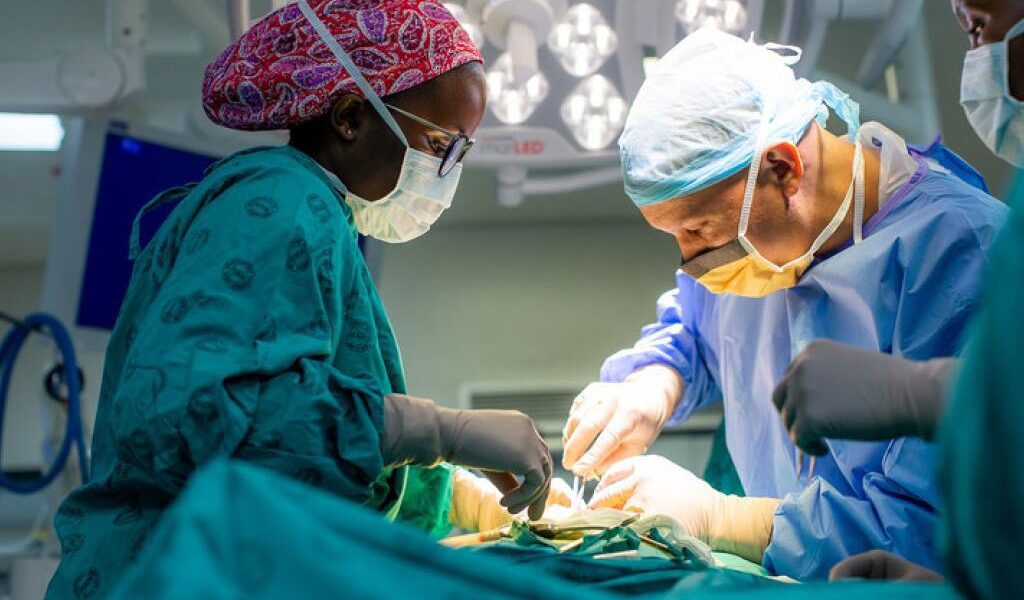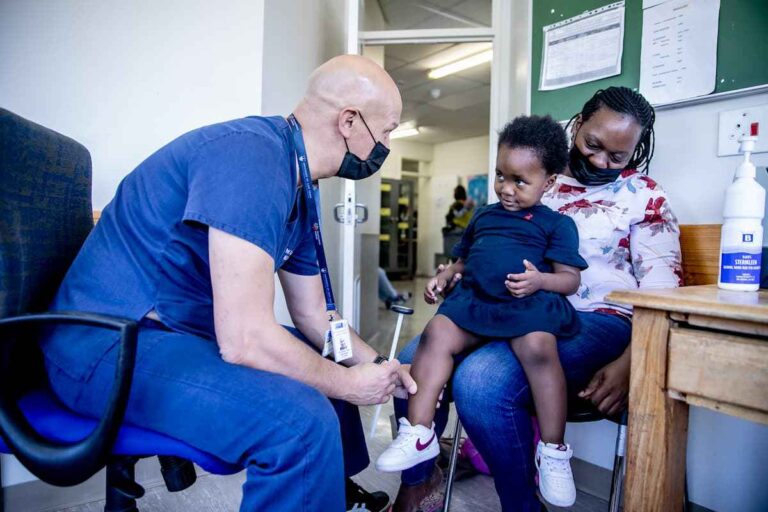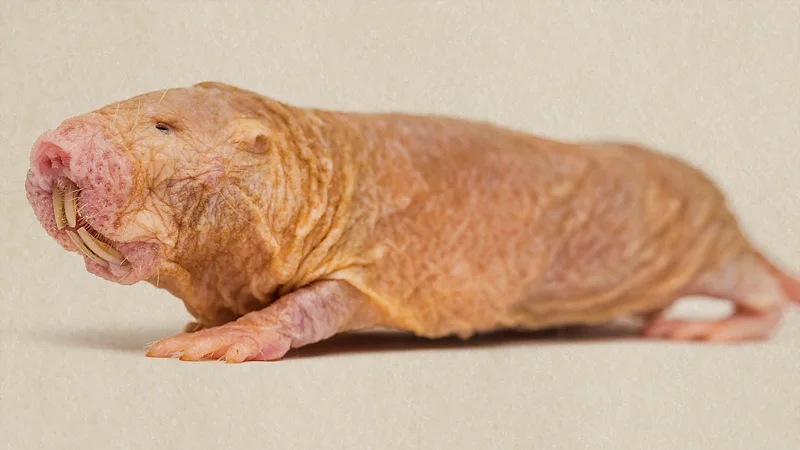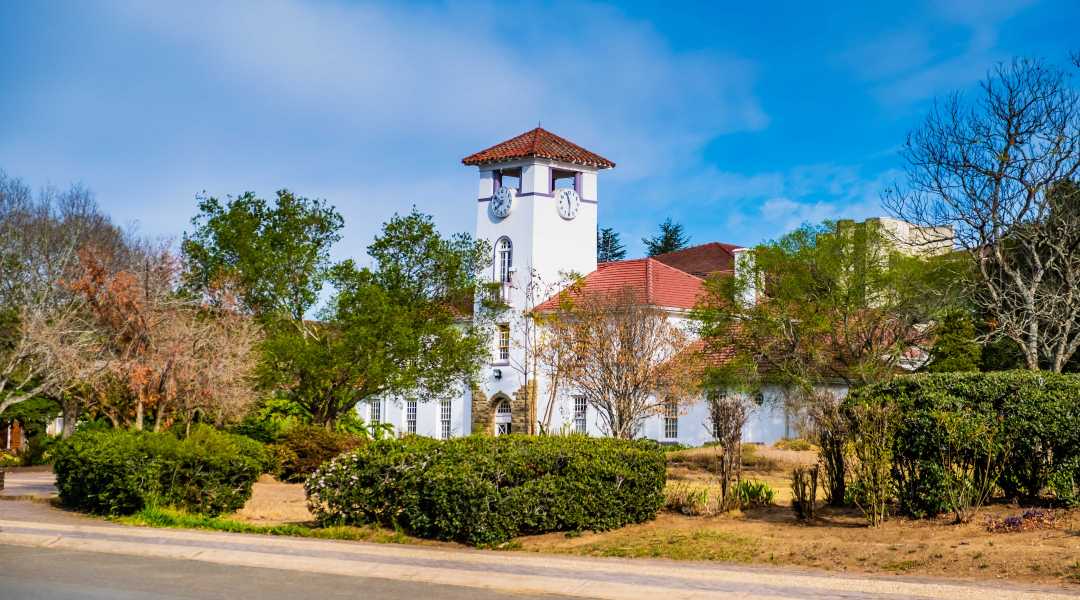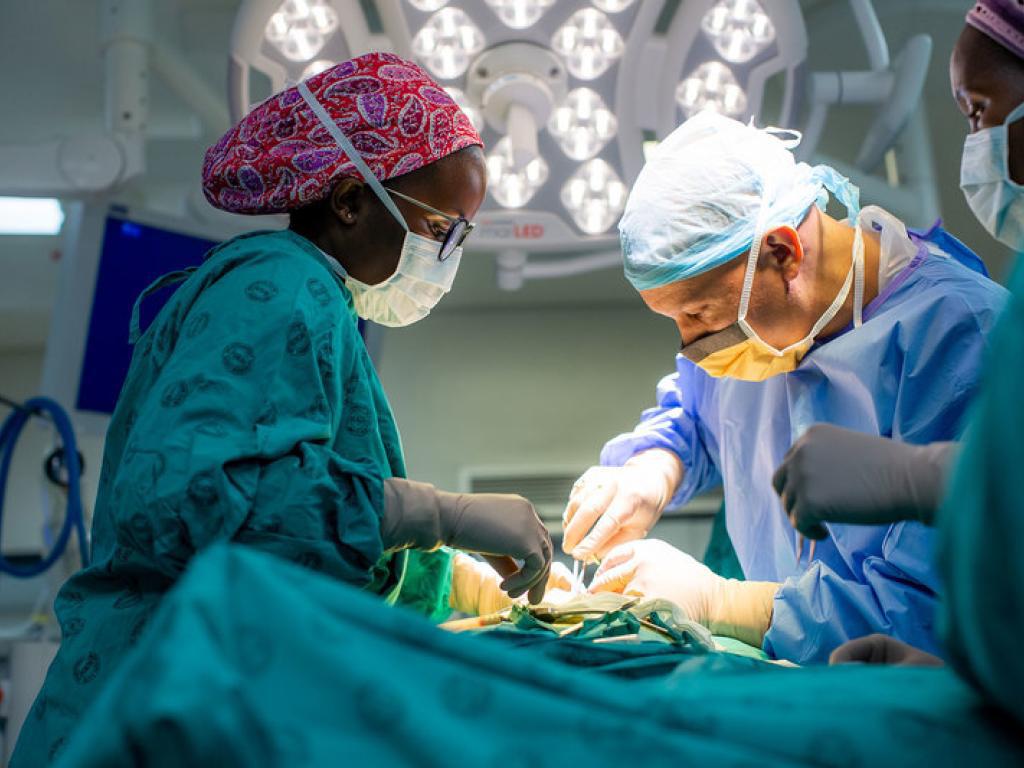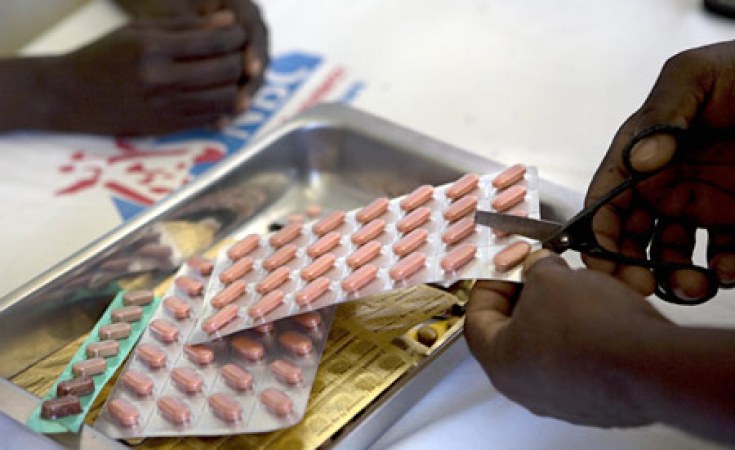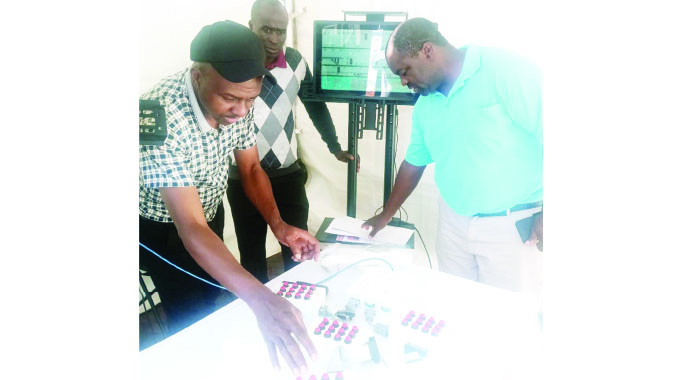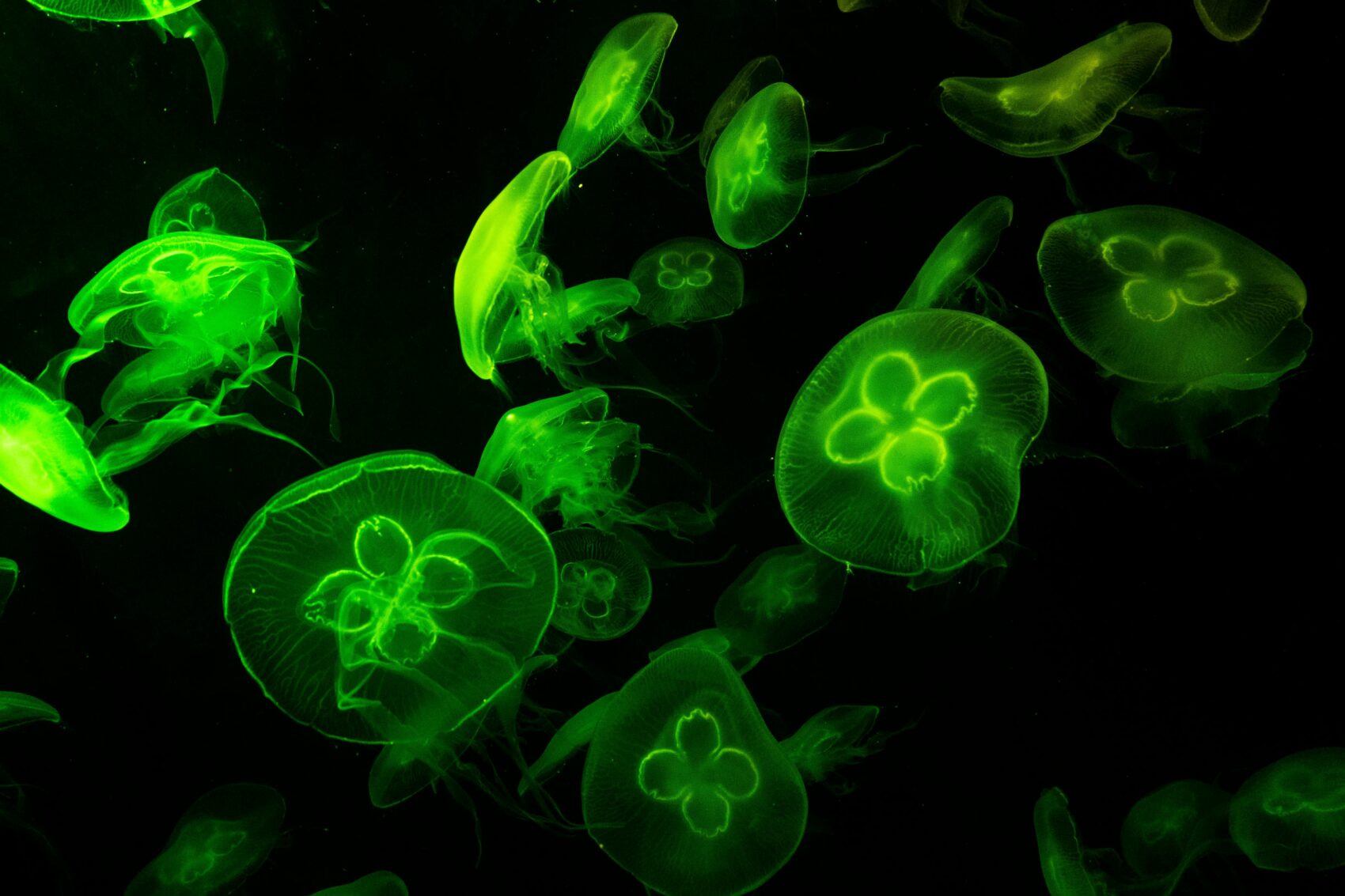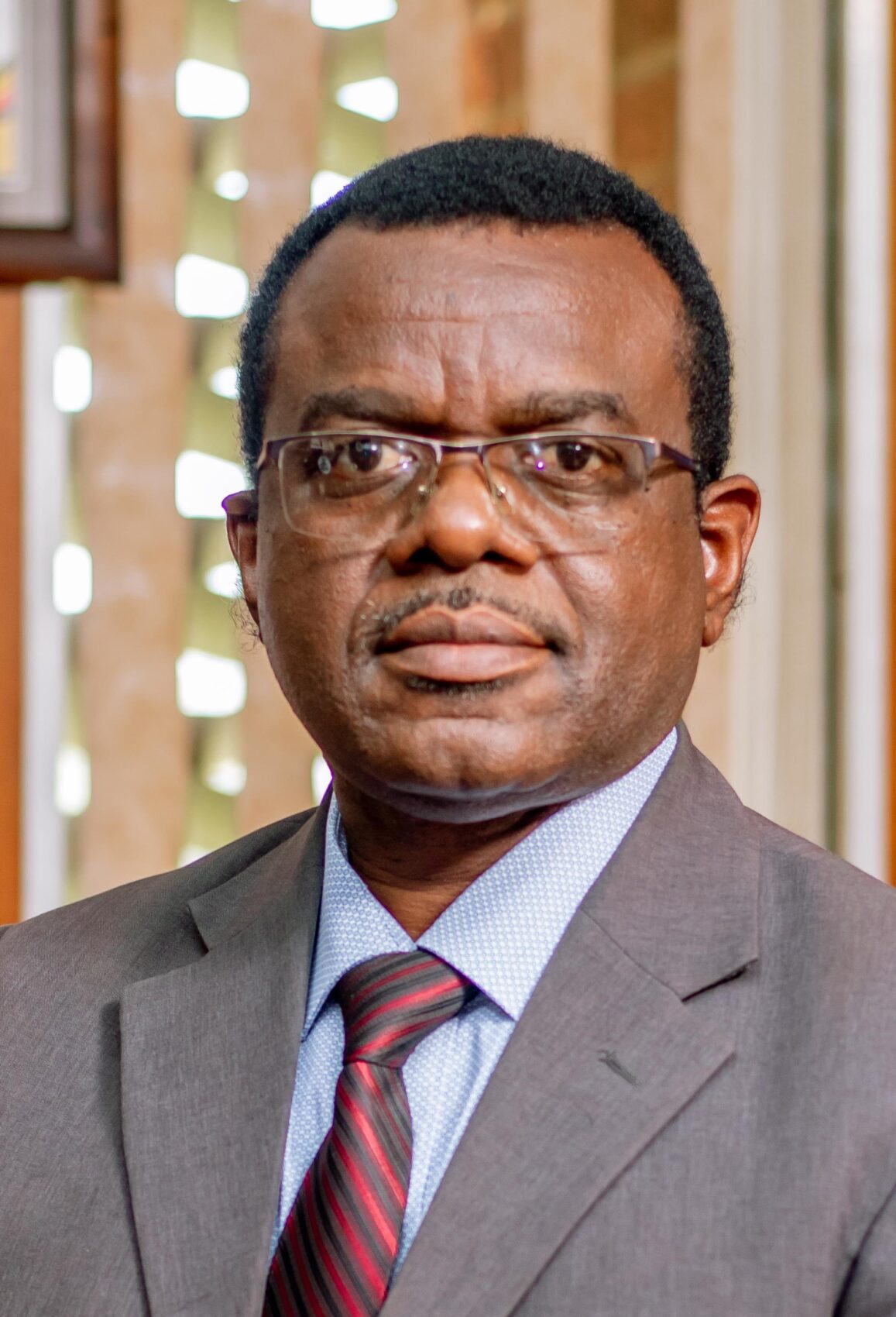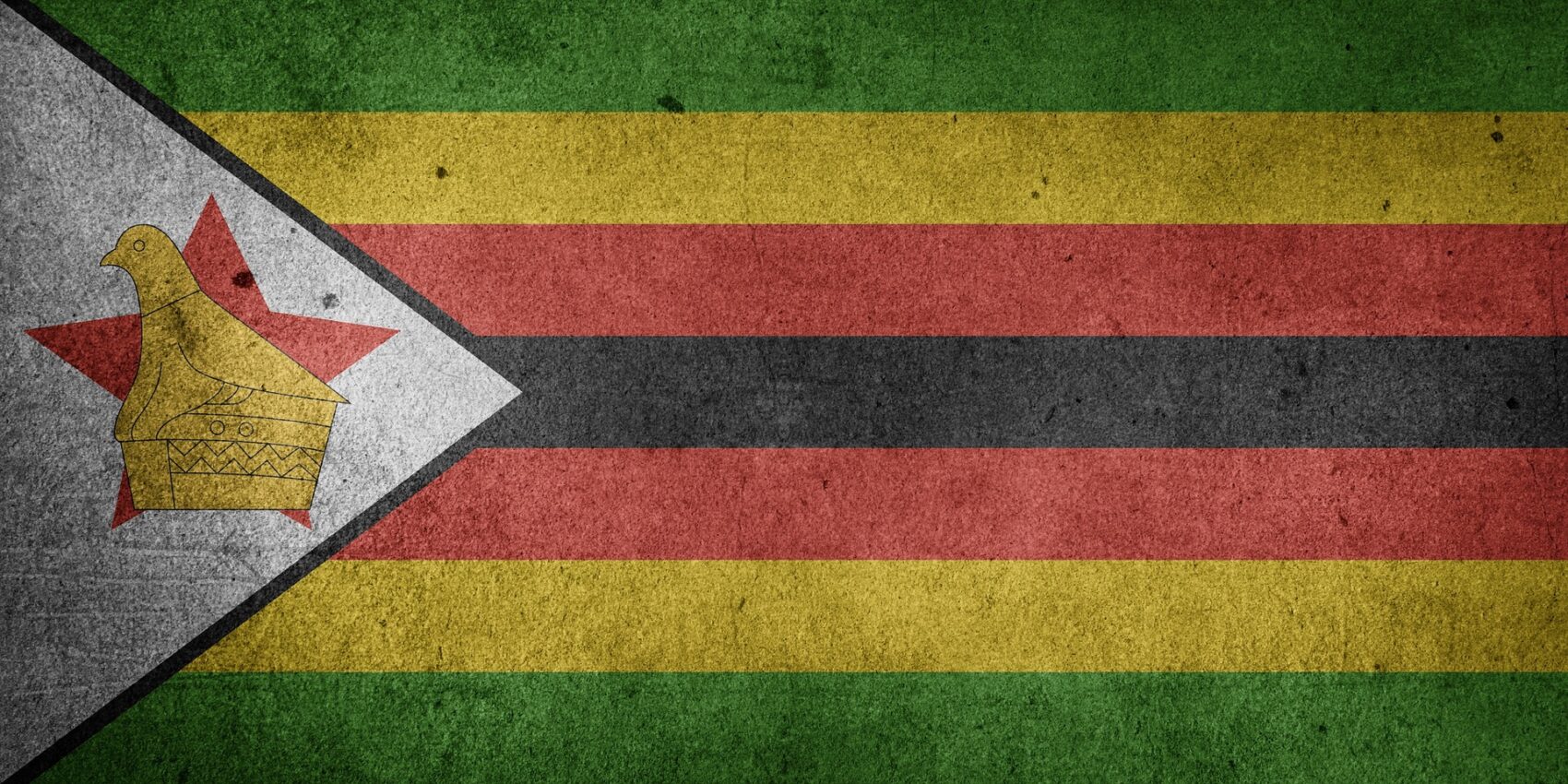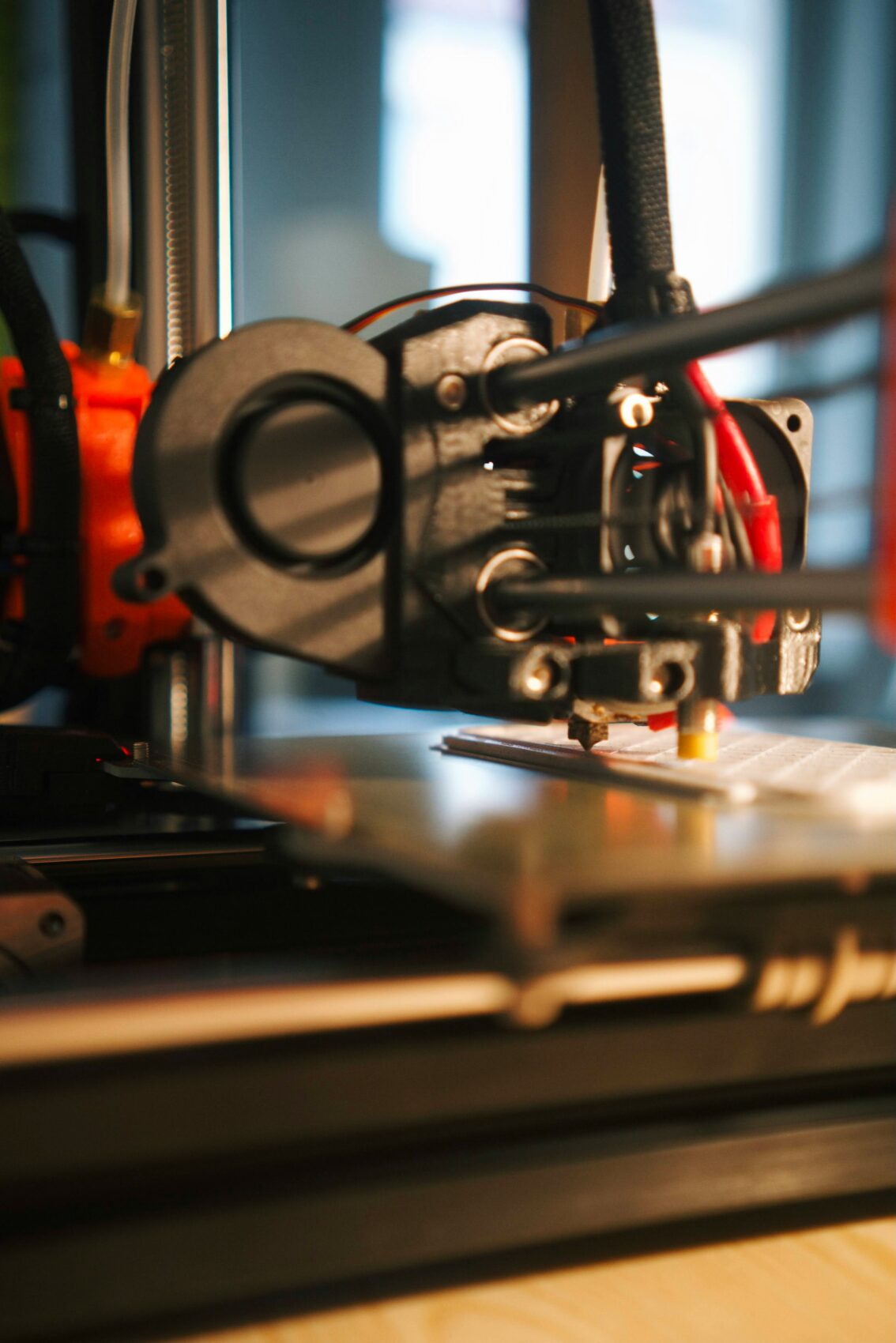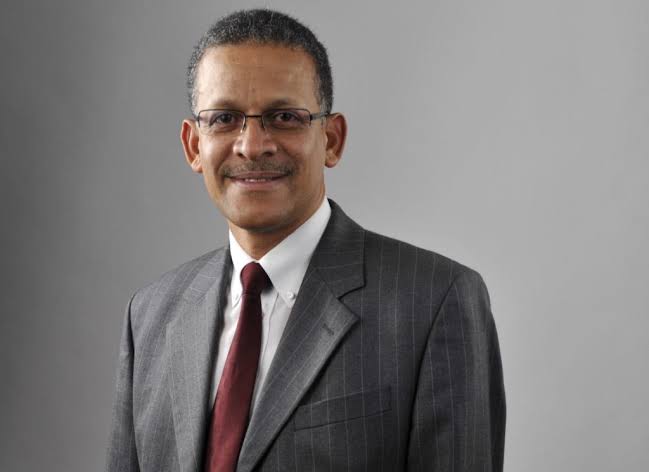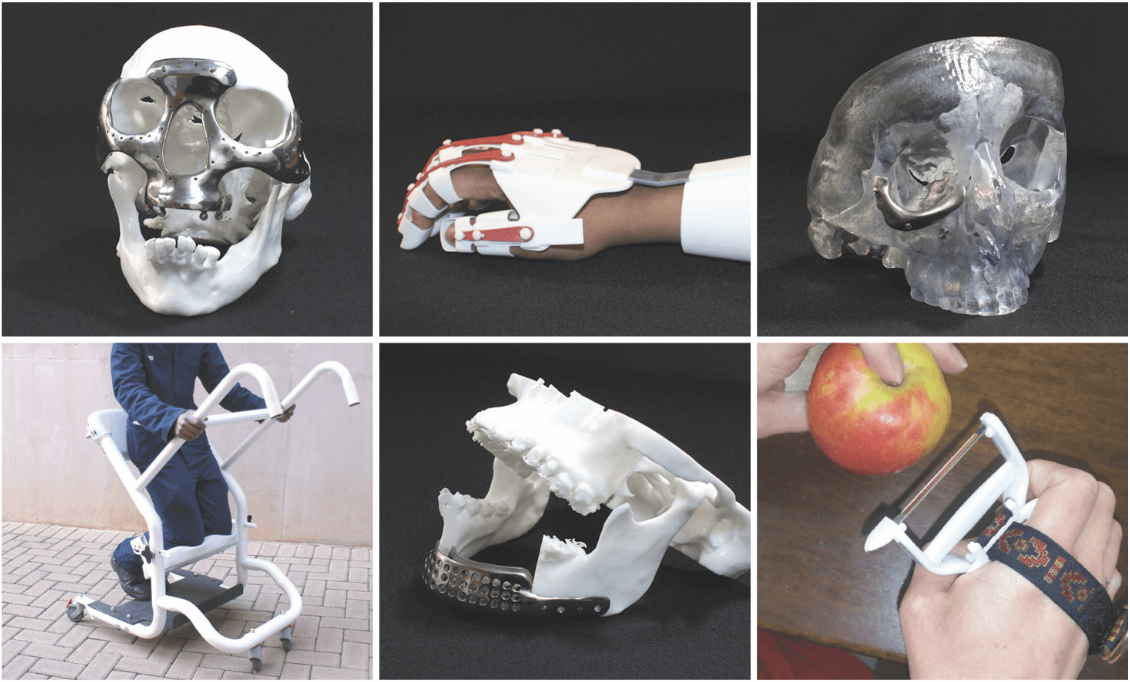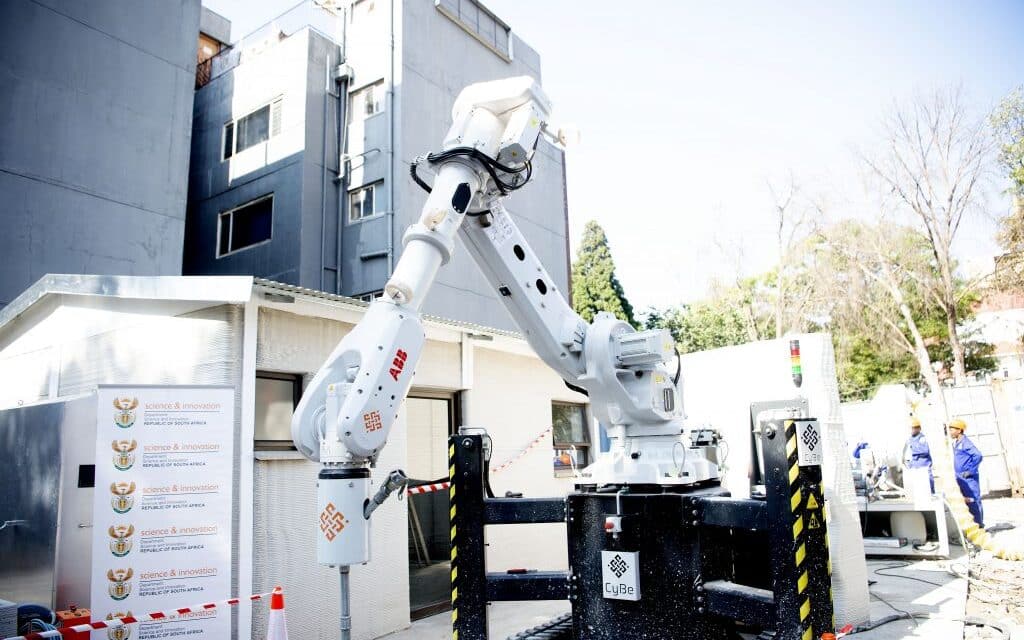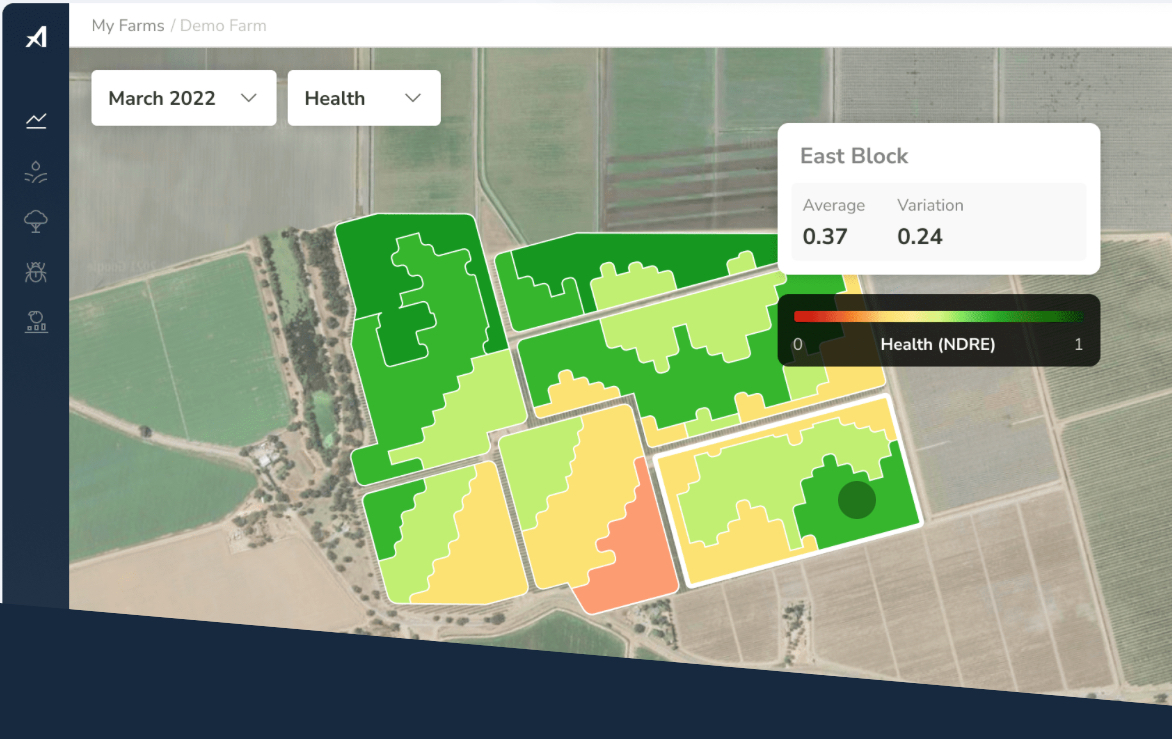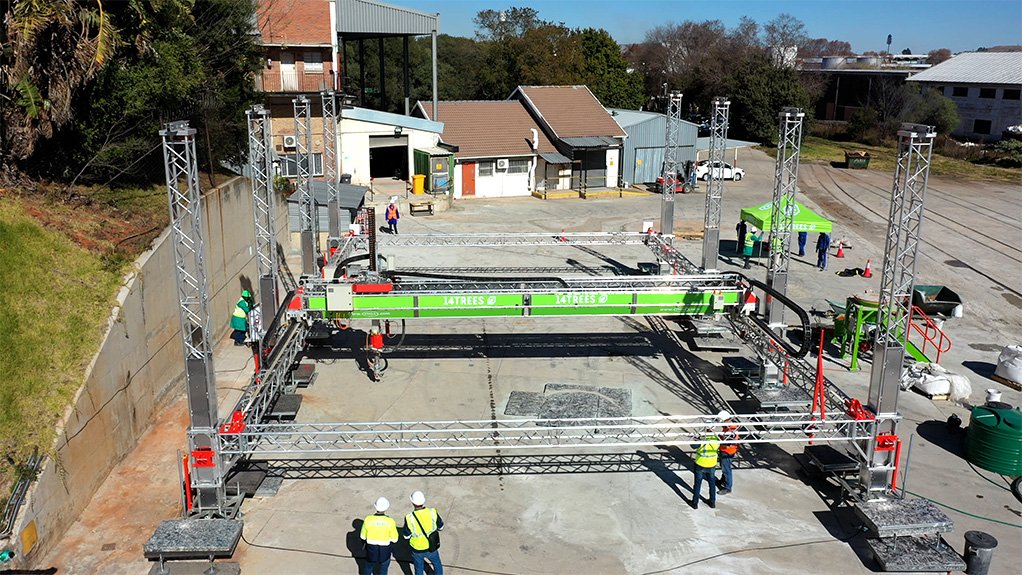Key Points:
- The African Brain Child (ABC) initiative, based at the University of Cape Town, is leading innovative neuroscience research to improve outcomes for children with brain injuries in Africa.
- ABC was awarded the prestigious National Research Foundation's (NRF) Science Team Award in August 2024 for extending the boundaries of scientific research in Africa.
- The initiative addresses critical gaps in understanding and treating brain conditions that are often neglected in science and healthcare policies.
- ABC has developed sophisticated, technology-based clinical infrastructure and Africa's first neuroscience biobank.
- The team's work has influenced international treatment protocols and spans various disciplines including brain physiology, inflammation, metabolism, genomics, and pharmacokinetics.
- Traumatic brain injury (TBI) is a leading cause of death in South Africa, with an estimated 89,000 new cases reported annually.
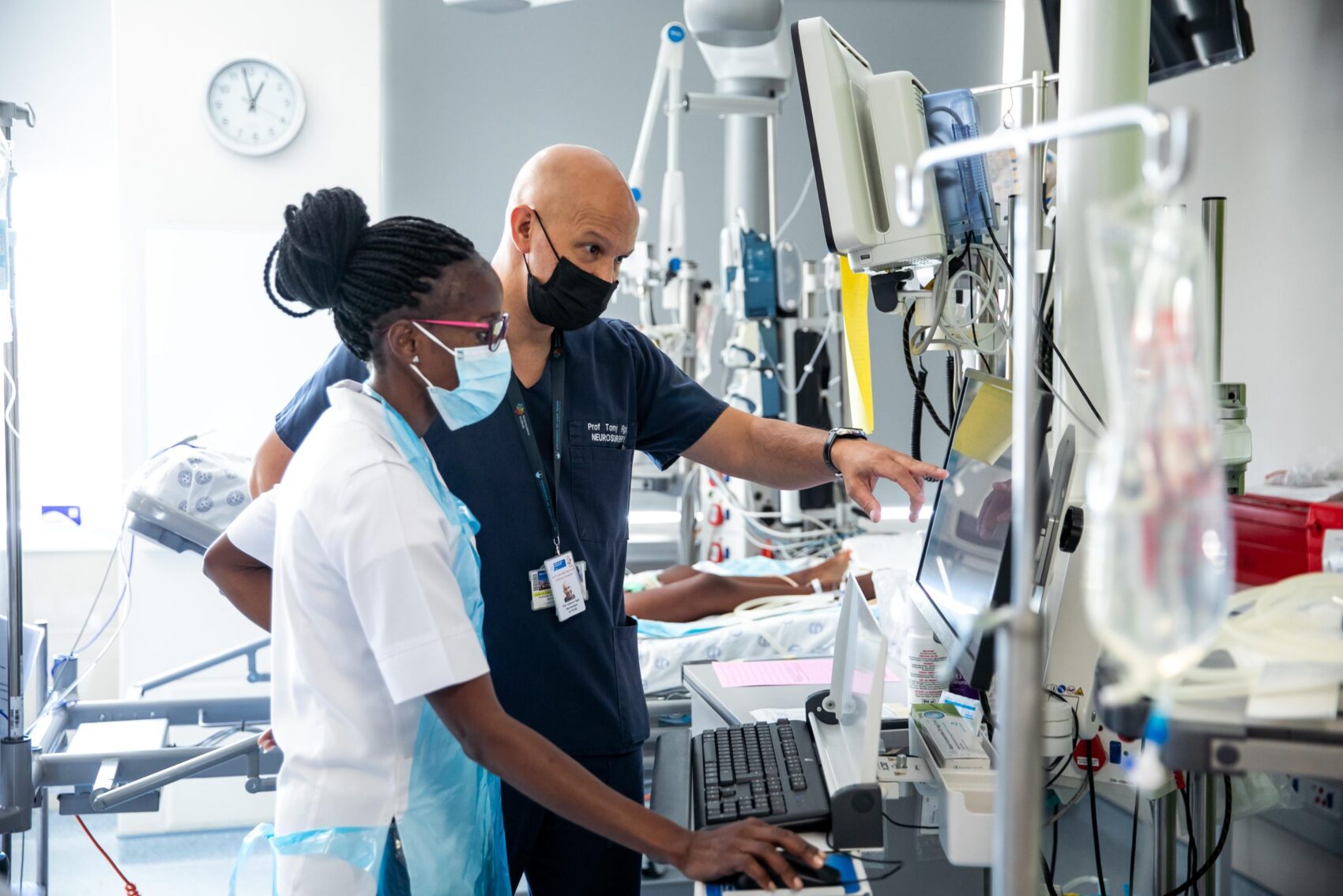
Addressing Africa's Unique Neuroscience Challenges
The African Brain Child (ABC) initiative, spearheaded by Professor Anthony Figaji at the University of Cape Town’s Neuroscience Institute and Red Cross Children’s Memorial Hospital, is tackling one of the most pressing health challenges facing African children: brain injuries and neurological conditions. In a continent where traumatic brain injury, meningitis, brain tumors, epilepsy, and hydrocephalus contribute significantly to premature deaths and long-term disabilities among children, ABC’s work is both timely and crucial.
Professor Figaji explains the initiative’s vision: “ABC believes that Africa should be one of the world leaders in clinically meaningful neuroscience and that this can be accomplished by leveraging amazing, and often unique, opportunities on the continent by investing in infrastructure, research capacity, and most importantly, people.”
The Burden of Brain Injuries in Africa
The scale of the problem ABC is addressing is staggering. According to a National Health Insurance paper, an estimated 69 million individuals worldwide sustain a traumatic brain injury (TBI) each year. In Africa, 56% of these TBIs result from road traffic collisions. In South Africa specifically, an estimated 89,000 new cases of TBI are reported annually.
Professor Figaji highlights the urgency of their work: “The leading cause of death in these patients is head trauma, or traumatic brain injury. The absolute burden of head trauma in our country is great, and so are the potential benefits to our population.”
Innovative Approaches to Brain Research
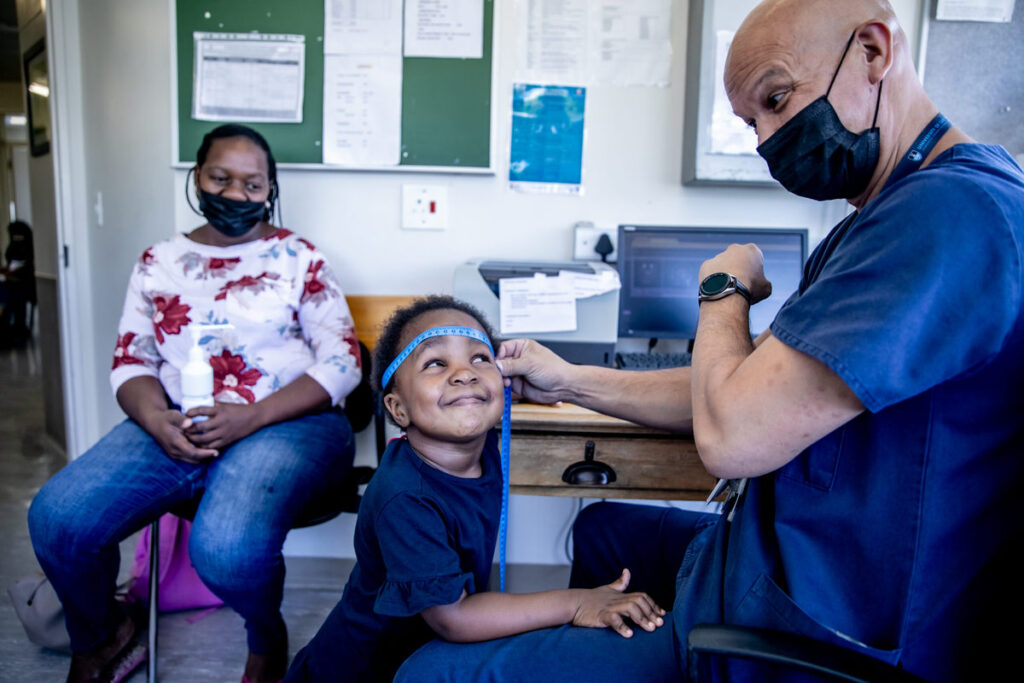
What sets ABC apart is its multidisciplinary approach to understanding the complexities of the brain. The initiative has developed a sophisticated, technology-based clinical infrastructure for patient care, boasting the world’s largest experience of advanced brain monitoring in children. This has led to groundbreaking work that has influenced international treatment protocols.
“We’ve developed tools to measure pressure inside the brain, oxygen levels, brain chemistry, and inflammatory pathways. These represent opportunities to make a difference,” Professor Figaji explains. “You need a combination of tools, clinical expertise, and a critical mass of patients.”
Furthermore, ABC has established Africa’s first neuroscience biobank, collecting brain tissue, pathology tissue, brain interstitial fluid, and ventricular cerebrospinal fluid. This resource creates unprecedented opportunities for researchers to study brain conditions prevalent in African populations.
Recognition and Support
The significance of ABC’s work has not gone unnoticed. In August 2024, the team was awarded the prestigious National Research Foundation’s (NRF) Science Team Award. This recognition highlights ABC’s contribution to extending the boundaries of scientific research in Africa and its positive impact on society.
The NRF’s support goes beyond awards. Through funding and resources, the NRF has played a crucial role in enabling ABC to pursue its ambitious research agenda. This backing underscores the national commitment to advancing neuroscience research in South Africa and across the continent.
Bridging Research and Social Impact
ABC’s commitment extends beyond the laboratory. The initiative runs a prevention program to reduce head injuries on South African roads, addressing one of the leading causes of traumatic brain injury in the country. Additionally, ABC hosts an annual International Brain Awareness Week program for learners from disadvantaged schools, inspiring the next generation of African neuroscientists.
Professor Figaji emphasizes the importance of this outreach: “Our commitment to social impact and advocacy for patients and learners is unwavering. We believe that by engaging with communities and inspiring young minds, we can create a lasting impact on brain health in Africa.”
Research with Global Relevance
As ABC continues to grow and influence neuroscience research and treatment protocols globally, it stands as a testament to the potential of African-led scientific initiatives. By addressing neglected areas of brain research and leveraging unique opportunities on the continent, ABC is not only improving outcomes for African children but also contributing valuable knowledge to the global neuroscience community.
Professor Figaji reflects on the future: “We can be proud of what we produce and ambitious about what we can produce in the future. Our work has relevance for the rest of the world, not just Africa.”
The success of ABC demonstrates that with the right support, infrastructure, and vision, African institutions can lead in solving complex health challenges, setting a new standard for research excellence and social impact in the process.
Frequently Asked Questions (FAQ)
ABC is a clinical and research initiative based at the University of Cape Town's Neuroscience Institute and Red Cross Children's Memorial Hospital, focusing on improving outcomes for children with brain injuries and neurological conditions in Africa.
ABC focuses on conditions such as traumatic brain injury, meningitis, brain tumors, epilepsy, and hydrocephalus.
An estimated 89,000 new cases of traumatic brain injury are reported annually in South Africa.
ABC has developed sophisticated, technology-based clinical infrastructure for patient care and has established Africa's first neuroscience biobank.
ABC hosts an annual International Brain Awareness Week program for learners from disadvantaged schools to inspire future neuroscientists.
Share
Search by Category
Related Stories
Subscribe to the Future of Africa newsletter here.
You will hear once per month directly from African CEOs and international investors shaping the future of sustainable African development.
